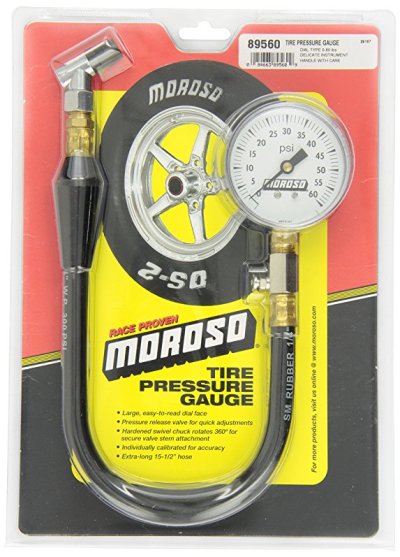Anybody ever had this problem. Replaced 4 tires a few wks ago. After replacement at Costco, set and measured tire psi myself.
Those little things on the valve stem that work with the car's tire monitor systems were also replaced. Measured tire psi a couple wks later.....they were slightly lower than expected but the more troubling thing was that there was a 2.5 psi variation from high to low.
Thinking that there might have been a small leak from installation on a rainy day and hoping it might have fixed itself, I refilled again and remeasured immediately after refill.
Today a week or so later, the first 2 tires read 25 psi, a bit of a shocker since I was expecting 35 or so. The next 2 tires read 34 psi. I went back and re-read the first 2 tires and now they read 34. Is that a tire measurement gauge going bad, or a one-time intermittent problem caused by what?
Those little things on the valve stem that work with the car's tire monitor systems were also replaced. Measured tire psi a couple wks later.....they were slightly lower than expected but the more troubling thing was that there was a 2.5 psi variation from high to low.
Thinking that there might have been a small leak from installation on a rainy day and hoping it might have fixed itself, I refilled again and remeasured immediately after refill.
Today a week or so later, the first 2 tires read 25 psi, a bit of a shocker since I was expecting 35 or so. The next 2 tires read 34 psi. I went back and re-read the first 2 tires and now they read 34. Is that a tire measurement gauge going bad, or a one-time intermittent problem caused by what?

